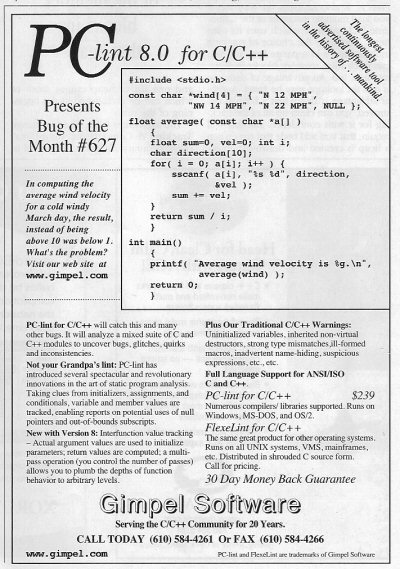Do we watch TV anymore?
Posted in Campfire Stories on April 2nd, 2006One of my coworkers works remote from somewhere that’s, well, remote. A recent thunderstorm blew down his antenna and from three fuzzy stations he’s now down to one channel. And it’s not PBS.
He emailed us all at work and asked about satellite options and what kinds of things we watch on TV. Making a list I realized, I do not watch much TV.
When we were in grad school in Bloomington, IN, if you did not have cable you could only get the local college-hosted PBS station and frankly, between that and video tapes we were happy with it.
At my house these days we have something like 100 channels on cable (but none of the Movie channels like HBO — call me cheap) but I have noticed that we only watch a very few of those. Listing them out we watch (by network):
1. ** FX
2. ** TNT
3. ** AMC
4. ** BRAVO
5. * PBS
6. * CNN/Headline News (two channels but I think of them as one)
7. * HIST (History)
8. one of the local news shows for 45 minutes in morning (CBS)
9. A&E
10. DSC (Discovery)
11. TWC (Weather Channel)
12. COMEDY
** = watch these most – lots of movies.
* = watch more than some other channels.
No * = I watch occasionally.
Conclusions:
I could live with just the ** and the * channels. If I could ONLY have the 12 channels on the list I would almost never notice since this is really a two-sigma list (better than 99%) of what we watch.
Interestingly, 12 channels fits in the classic TV band: channels 2-13.
Other than the local news, I never watch any of the classic networks (ABC, CBS, NBC). I’m right at the cusp of the Baby Boomer Generation (the young end, thank you!). The networks are dead.
I never watch ANY serial shows (“series”). Ok, I’m lying, I watch series that are on HBO when they come out on DVD. Series on the networks are double dead.
Of course, my wife and I have our Netflix habit running at a steady 4 movies a week. For scale, those movies make up fully 80% of the time we spend watching TV. We also tend to multi-thread when watching broadcast channels but single-thread when watching a DVD. Movies still Rock – but not at the theater.
When did this happen? When I was growing up we watched network TV and we went to the movies every other weekend.
I’m looking at the listing in the local TV Guide and I see that if we subscribed to everything, there are 851 channels available.
Guess somebody’s watching.
